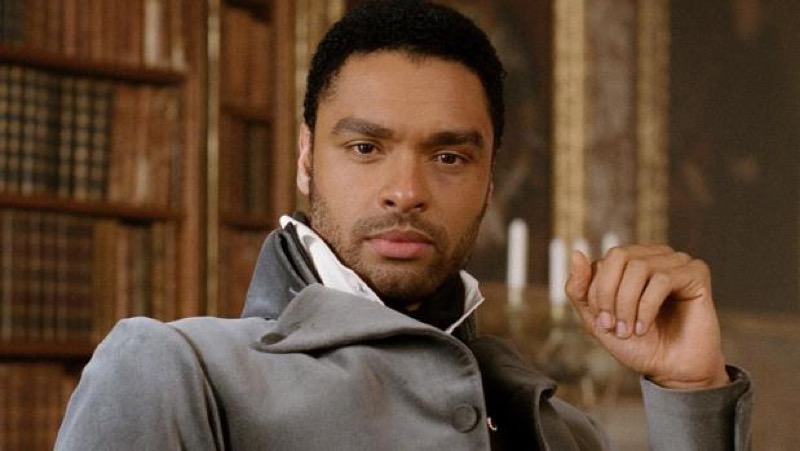
And being the protagonist in these stories and being the protagonist in these settings where you can see yourself as rich, attractive and admirable is important for absolutely everyone.ĬHANG: And yet the story is not completely colorblind, right? Like, I want to talk about one of the few moments in the show where race is directly addressed. PAGE: Well, I think it's incredibly important that when we are indulging ourselves in these kind of great, big Cinderella fantasies, that everyone gets to see themselves as worthy of status and glamour and love and redemption. Tell me what do you think that achieves when audiences take in a diverse cast like this? And that generally tends to be their redemption arc - kind of trying to find their way through that.ĬHANG: Absolutely, absolutely - though, you know, one of the most striking things about the duke from the very outset is, of course, the fact that he is Black. He's very kind of, you know, Darcy, Heathcliff. PAGE: I think he fits pretty well into the archetype of kind of, you know, the stoic, brooding. And he takes a tumultuous episode to try and unpick that joyous ball of yarn.ĬHANG: In other words, a classic leading man for this kind of material. REGE-JEAN PAGE: He is a tall, dark, handsome, brooding, thoroughly broken man who is struggling with issues of legacy and pride and trauma. And the most eligible bachelor in all of England is a Black man - the duke of Hastings, who's played by Rege-Jean Page. Racially diverse characters populate all classes of British society, including the highest echelons.

What's immediately different about this period drama is the cast.

BRIDGERTON SIMON BASSETT GAY SERIES
So I'm a huge fan of period romances, especially British ones, you know, set in the late 18th and early 19th centuries, which is why I devoured the new Netflix series "Bridgerton" from executive producer Shonda Rhimes.


 0 kommentar(er)
0 kommentar(er)
